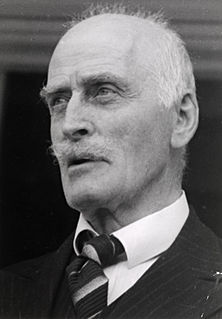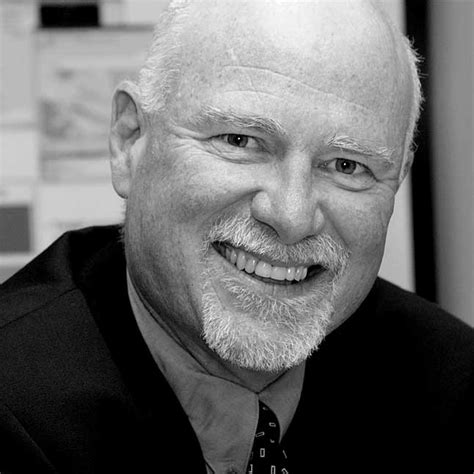A Quote by Yukio Mishima
What transforms this world is - knowledge. Do you see what I mean? Nothing else can change anything in this world. Knowledge alone is capable of transforming the world, while at the same time leaving it exactly as it is. When you look at the world with knowledge, you realize that things are unchangeable and at the same time are constantly being transformed.
Related Quotes
By this we may understand, there be two sorts of knowledge, whereof the one is nothing else but sense, or knowledge original (as I have said at the beginning of the second chapter), and remembrance of the same; the other is called science or knowledge of the truth of propositions, and how things are called, and is derived from understanding.
Whosoever wishes to know about the world must learn about it in its particular details. Knowledge is not intelligence. In searching for the truth be ready for the unexpected. Change alone is unchanging. The same road goes both up and down. The beginning of a circle is also its end. Not I, but the world says it: all is one. And yet everything comes in season.
Knowledge is inherent in man; no knowledge comes from outside; it is all inside. We say Newton discovered gravitation. Was it sitting anywhere waiting for him? It was in his own mind; the time came and he found it out. All knowledge that the world has ever received comes from the mind; the infinite library of the universe is in our own mind. The external world is simply the suggestion, the occasion, which sets you to study your own mind.
Actual knowledge is identical with its object: in the individual, potential knowledge is in time prior to actual knowledge, but in the universe as a whole it is not prior even in time. Mind is not at one time knowing and at another not. When mind is set free from its present conditions it appears as just what it is and nothing more: this alone is immortal and eternal (we do not, however, remember its former activity because, while mind in this sense is impassible, mind as passive is destructible), and without it nothing thinks.
But now the world breaks in on us, the world is shocked, the world looks upon our idyll as madness. The world maintains that no rational man or woman would have chosen this way of life - therefore, it is madness. Alone I confront them and tell them that nothing could be saner or truer! What do people really know about life? We fall in line, follow the pattern established by our mentors. Everything is based on assumptions; even time, space, motion, matter are nothing but supposition. The world has no new knowledge to impart; it merely accepts what is there.
[M]any people would accept that we do not really have knowledge of the world; we have knowledge only of our representations of the world. Yet we seem condemned by our consitution to treat these representations as if they were the world, for our everyday experience feels as if it were of a given and immediate world.
The Buddhas, the World-Honored Ones, for one great cause alone appear in the world. The Buddhas, the World-Honored Ones, appear in the world because they wish to cause the beings to hear of the Buddha's knowledge and insight and thus enable them to gain purity. They appear in the world because they wish to demonstrate the Buddha's knowledge and insight to the beings. They appear in the world because they wish to cause the beings to understand. They appear in the world because they wish to cause the beings to enter into the path of the Buddha's knowledge and insight.
Getting global innovation projects right is really important as they create competitive advantage two ways. When the knowledge for an innovation is from different sites around the world, it's very much more difficult for competitors to copy these innovation - they'd have to access the same knowledge from the same places. Secondly, costs and time to market can be significantly reduced leading to first mover advantage through parallel development in global projects.



































